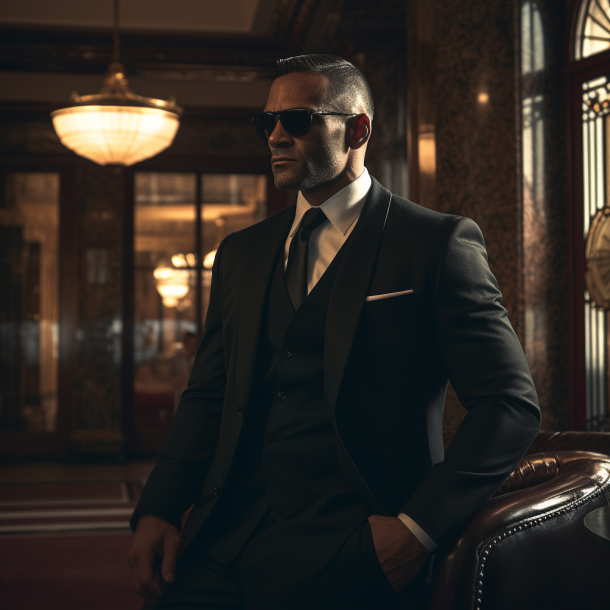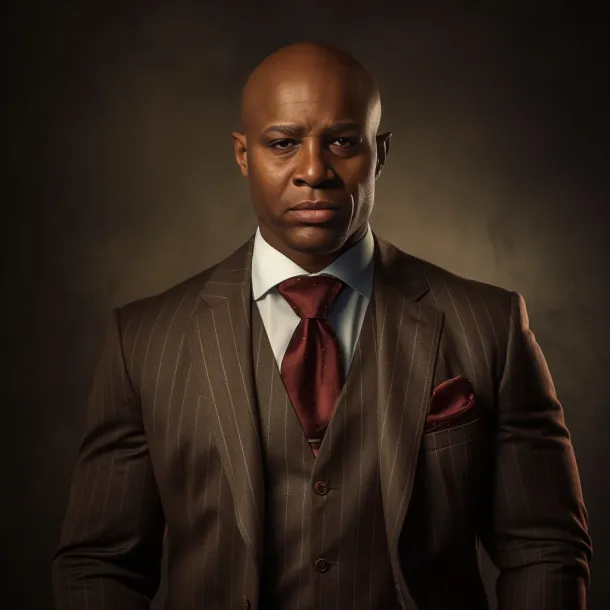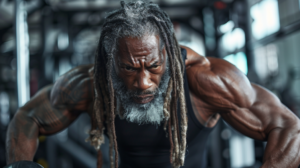
Bodyguard Duties
This is a bodyguard job description for individuals looking to get into the field of executive protection. In personal security and protection, titles such as executive protection specialist, close protection officer, or bodyguard are often used interchangeably.
However, the essence of their role remains consistent—a steadfast commitment to the safety and security of individuals under their watch. “More Than Muscle: The Comprehensive Bodyguard Job Description” looking into the multifaceted nature of this critical profession, revealing the depth and breadth of responsibilities that go beyond mere physical strength and intimidation.
A bodyguard’s job is both an art and a science, requiring a blend of sharp instinct, strategic foresight, and a nuanced understanding of human behavior. These professionals are tasked with safeguarding high-profile individuals—including celebrities, business executives, politicians, and others who may face heightened security risks.
Their primary goal is to ensure their client’s physical safety and well-being, employing various tactics to identify, assess, and neutralize potential threats before they manifest into real danger.
This introduction sets the stage for an in-depth exploration of the bodyguard’s role, from the fundamental skills needed to succeed in the field to the complex strategies employed to maintain a secure environment.
Whether you’re considering a career in executive protection or simply curious about what goes on behind the scenes, this article offers a comprehensive look at what it truly means to be a bodyguard in today’s high-stakes world.
What are the duties and responsibilities of a bodyguard?
The duties and responsibilities of a bodyguard extend far beyond the stereotypical image of a towering figure clad in sunglasses, whispering into an earpiece. The role is dynamic and multifaceted, requiring a blend of vigilance, intelligence, and discretion.
At its core, a bodyguard’s primary duty is to protect their client from physical harm. This involves constant situational awareness to detect and mitigate potential threats, ranging from overzealous fans to genuine security risks.
Bodyguards must conduct thorough risk assessments for every environment their client enters, whether it’s a crowded event, a serene private gathering, or transit between locations.
They plan secure routes, identify potential safe-havens, and coordinate with local law enforcement and security personnel to ensure comprehensive protection. In addition to physical security, bodyguards are also responsible for assessing vulnerabilities that could be exploited through digital means, necessitating an understanding of cybersecurity measures.
Effective communication skills are paramount, as bodyguards often need to interact with their clients, event organizers, and other security professionals. They must be able to clearly convey instructions in high-stress situations and diplomatically manage interactions with the public and media.
Conflict resolution skills are equally critical, enabling bodyguards to defuse potential threats without resorting to violence whenever possible.
Moreover, bodyguards must be adaptable and ready to respond to unexpected changes in plans or emerging threats swiftly. Their responsibility includes emergency preparedness, from medical training to handling injuries to evacuation planning in case of extreme scenarios.
Through all these duties, a bodyguard’s ultimate responsibility is to ensure their client’s safety and peace of mind, allowing them to go about their day with as little disruption as possible.

The Essential Skills Every Bodyguard Must Possess
Good, a bodyguard job description should encompass a wide range of skills that a bodyguard needs to know, so they know what’s needed to physically protect a client. These skills are essential for the effective and efficient performance of their duties, ensuring the safety and well-being of those they are tasked to protect.
A comprehensive understanding of the bodyguard job description reveals that the role demands a unique combination of hard and soft skills, each critical to navigating the complexities of personal security.
First and foremost, physical fitness and self-defense capabilities are non-negotiable. A

bodyguards must be in excellent physical condition to react swiftly in emergency situations, whether it involves repelling an attacker or quickly evacuating their client from a threat. This requires not only strength but also endurance, agility, and the ability to remain calm under pressure.
Soft skills, such as situational awareness and the ability to anticipate potential threats before they arise, are equally important.
A keen sense of observation enables bodyguards to detect subtle signs of danger, allowing them to take preemptive action to avoid or mitigate risks. Effective communication and interpersonal skills are also vital, as bodyguards must often coordinate with other security personnel, law enforcement, and the clients themselves, ensuring that all parties are informed and that instructions are clearly understood.
Moreover, the bodyguard job description includes a strong emphasis on problem-solving and critical thinking abilities.
Bodyguards must be able to assess complex situations quickly, make rapid decisions, and implement solutions that prioritize their client’s safety. They also need a solid foundation in emergency response, including first aid and CPR, to provide immediate care in the event of a physical altercation or medical emergency.
In summary, the job description of a bodyguard requires a blend of skills that combine physical readiness with mental sharpness, embodying the qualities of both a warrior and a strategist.
This unique combination ensures that executive protection agents can protect their clients with discretion, efficiency, and professionalism. Below are some additional skills that are critical to the role of a bodyguard, further expanding on the comprehensive capabilities needed to excel in this demanding field:
- Understanding of Security Protocols and Procedures: Proficiency in assessing and mitigating threats, securing locations, and emergency response.
- Physical Fitness: Ability to endure job demands, including long periods of standing or walking and handling physically challenging situations.
- Strong Communication Skills: Effective communication with principals, protective teams, law enforcement, and the public in a professional and diplomatic manner.
- Attention to Detail: Ability to anticipate and plan for potential issues, ensuring comprehensive client safety.
- Adaptability: Quick thinking and flexibility to adapt to changing situations and environments, making decisions under pressure.
- Discretion: Maintaining confidentiality and the principal’s privacy at all times.
- Good Judgment: Sound decision-making in high-stress situations and effective risk management.
- Cultural Awareness: Sensitivity to the cultural and international environments of principals and local communities.
- Professional Appearance: Adherence to dress codes or uniform requirements, maintaining a professional demeanor.
- Teamwork: Effective collaboration and coordination with the protective detail to ensure the principal’s safety and security.
By whatever name you prefer—executive protection, close protection, or bodyguarding—the essence of this profession remains unwaveringly critical and multifaceted. It demands a diverse and versatile skill set, as agents are charged with the pivotal task of safeguarding high-profile individuals.
Their mission is to ensure the well-being, privacy, and uninterrupted functionality of those under their care. The intricate nature of these responsibilities highlights the indispensable need for individuals who are not only well-rounded but also embody the utmost ideals of protection, discretion, and unwavering dedication. If you found this bodyguard job description helpful, please share your thoughts in the comments below.
Related Posts:
- 13 Things Needed to Help You Become a Personal Bodyguard
- What is the Meaning of Executive Protection
- Winning Tactics About Executive Protection From Jerry Heying
- Why Executive Protection Training is Necessary
About Harlan Austin
Harlan Austin is the founder and editor of Bodyguard Careers. If you need help getting started in Executive Protection, Click on this link.

Leave a Reply